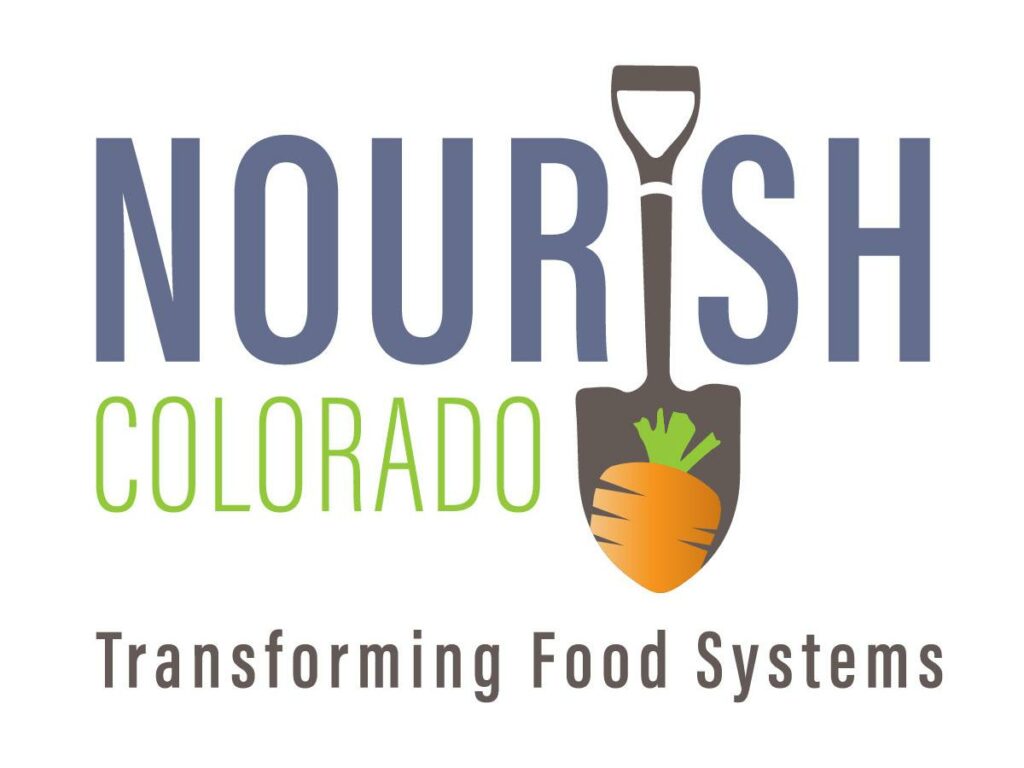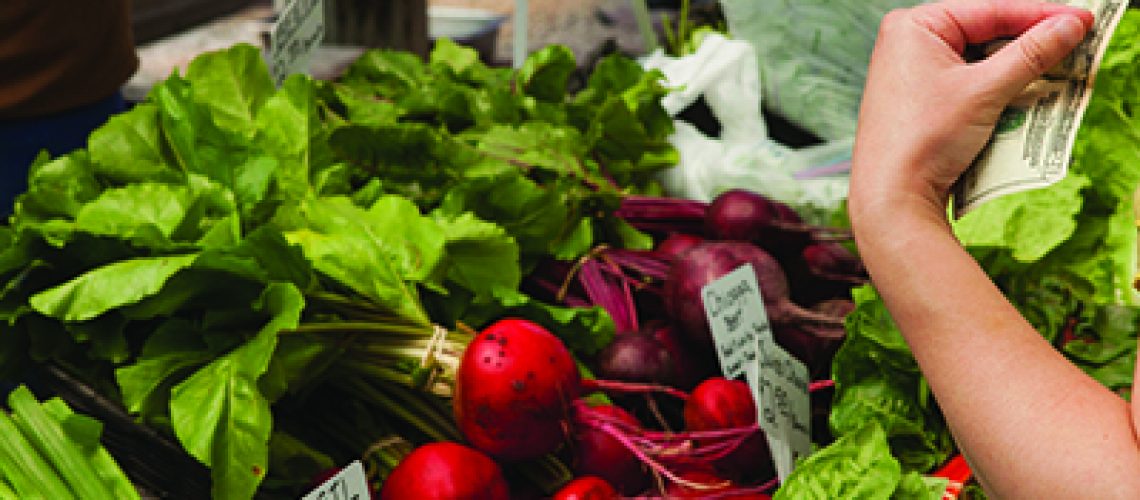Making the ‘Healthy Choice the Easy Choice’ Isn’t Always Easy
Tackling access & inequity in a complex food environment
By Wendy Peters Moschetti, Director of Food Systems, LiveWell Colorado
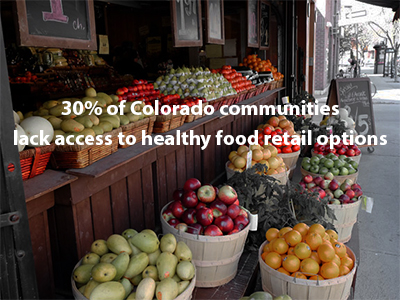 We believe access to nutritious food is a basic human right here at LiveWell Colorado, which is why we aim to help create fair, equitable, health-promoting food environments in Colorado. Of course that’s easier said than done.
We believe access to nutritious food is a basic human right here at LiveWell Colorado, which is why we aim to help create fair, equitable, health-promoting food environments in Colorado. Of course that’s easier said than done.
Framing the Issue
The reality is the government, food and beverage and advertising industries, lobbyists, and other entities have been influencing our food options and choices for a very long time—and it has created an environment where the unhealthy choice is consistently the easiest, cheapest, most available option. We already provide choices, so why not make the healthy options the easier, more affordable, and most abundant ones, right?
That said, there’s a lot of debate within the food community about how to increase access to healthy food and influence healthy food choices. Can we prompt change by incentivizing and increasing access to healthy food choices? OR, should we limit availability and dis-incentivize the purchase of unhealthy food—and does this infringe on an individual’s right to eat what they want?
Clinical Data
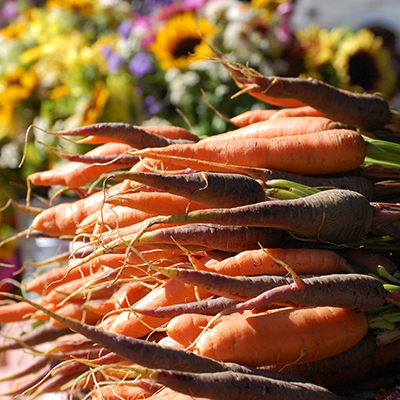 A recent clinical trial titled “Effects of Subsidies and Prohibitions on Nutrition in a Food Benefit Program,” published in Journal of the American Medical Association (JAMA) Internal Medicine, evaluated whether incentivizing the purchase of fruits and vegetables and prohibiting the purchase of less nutritious foods in a food benefit program improves the nutritional quality of participants’ diets. The study found that “a food benefit program that pairs incentives for purchasing more fruits and vegetables with restrictions on the purchase of less nutritious foods may improve the nutritional quality of the diet of participants compared with a program that does not include incentives or restrictions.”
A recent clinical trial titled “Effects of Subsidies and Prohibitions on Nutrition in a Food Benefit Program,” published in Journal of the American Medical Association (JAMA) Internal Medicine, evaluated whether incentivizing the purchase of fruits and vegetables and prohibiting the purchase of less nutritious foods in a food benefit program improves the nutritional quality of participants’ diets. The study found that “a food benefit program that pairs incentives for purchasing more fruits and vegetables with restrictions on the purchase of less nutritious foods may improve the nutritional quality of the diet of participants compared with a program that does not include incentives or restrictions.”
A companion commentary published in JAMA Internal Medicine, titled “Incentive and Restriction in Combination—Make Food Assistance Healthier with Carrots and Sticks,” points out that since low-income Americans are more likely to have poor diets, programs designed to prevent food insecurity should also promote healthy eating. However, as the author also points out, “the debate about whether or not SNAP regulations should be changed to address nutrition has stirred substantial controversy,” due to philosophical differences, politics, and the “false dichotomy of incentives vs. restrictions.”
National and Local Examples
In recent years the USDA has been making an effort to make SNAP a more robust program that not only helps reduce hunger and food insecurity but has the potential to increase access to healthy foods here in Colorado and beyond. For example, changes in the last Farm Bill included a rule requiring authorized SNAP retailers to offer more healthy food options, as well as the establishment of a grant program to provide incentives for the purchase of fruits and vegetables by SNAP recipients. This is the Food Insecurity Nutrition Incentive (FINI) grant that funded Double Up Food Bucks Colorado, a program led by LiveWell Colorado to help bring more fresh, Colorado-grown fruits and vegetables to Coloradans who receive SNAP benefits.
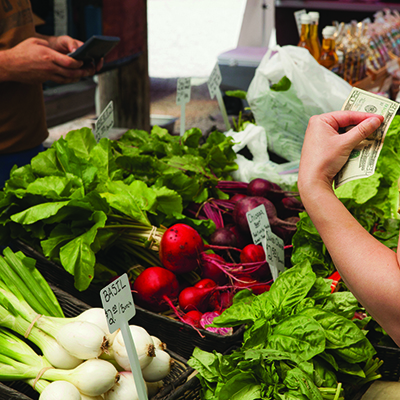 Double Up Colorado launched in the summer of 2016, and we have already seen positive results and heard significant feedback on the value of this program for families across Colorado. Yet, as an incentive-only program, we know it’s only the beginning. To advance the healthy food movement in a way that significantly improves access and equity, we’re going to have to attack the problem from multiple angles—and start being a lot more serious about understanding the role of incentives and restrictions.
Double Up Colorado launched in the summer of 2016, and we have already seen positive results and heard significant feedback on the value of this program for families across Colorado. Yet, as an incentive-only program, we know it’s only the beginning. To advance the healthy food movement in a way that significantly improves access and equity, we’re going to have to attack the problem from multiple angles—and start being a lot more serious about understanding the role of incentives and restrictions.
Boulder’s proposed soda tax is a restriction strategy that is up for consideration among Boulder voters this month. Boulder residents will have the opportunity to vote on a ballot measure which would create an excise tax on sugary drinks, helping to reduce consumption of beverages that cause obesity, chronic diseases and tooth decay. (For more information about the ballot measure, check out this post on why LiveWell Colorado supports Boulder’s proposed soda tax.)
Tying It Together to Catalyze Change
I think there are some important lessons to be learned from the clinical trial and SNAP research that can be applied to how we approach broader community food access issues. In addition to more community gardens, farmers markets, and grocery stores, we should also explore the broader underlying issues—such as federal farm policy, local land use decisions, and the predatory marketing of unhealthy food—that make up the entire food environment. The reality may be that restrictions (taxes, fast food regulations, nutrition labeling, etc.) are just as critical as incentives when it comes to efforts to improve the conditions that support a healthy environment for all Coloradans.
I know this kind of change can’t happen overnight. But we have to begin coordinating efforts at the local, state, and federal level to reign in the overabundance of foods that negatively impact our health. We are all in this together, which is why we believe in exploring every pathway possible to help achieve our common goals of building healthier, more sustainable communities that support the health and well-being of all Coloradans.
Join the Conversation
We want to hear what YOU think:
- Can we significantly improve healthy food access and increase healthy eating choices through incentives alone?
- Or does the answer lie in restrictions and disincentives for the purchase and marketing of unhealthy food?
- Or perhaps, like me, you think it may take a combination of both incentives and restrictions to truly make an impact?
Share your thoughts on our Facebook page, or Tweet us @livewellco, and let’s keep this important conversation going!
